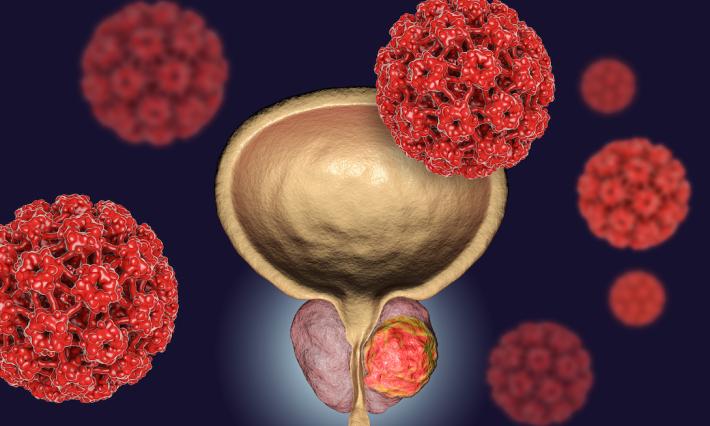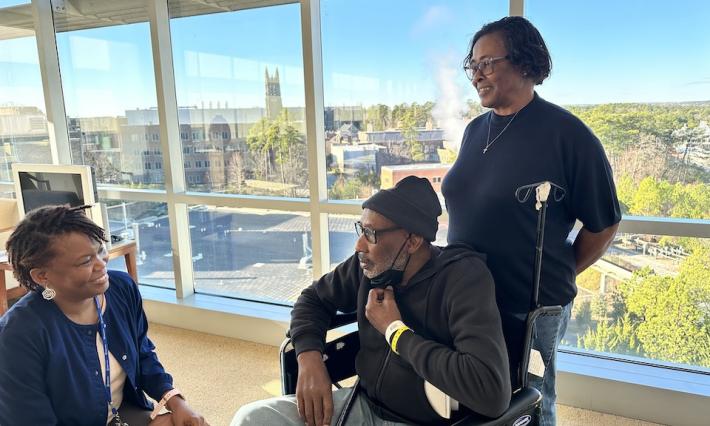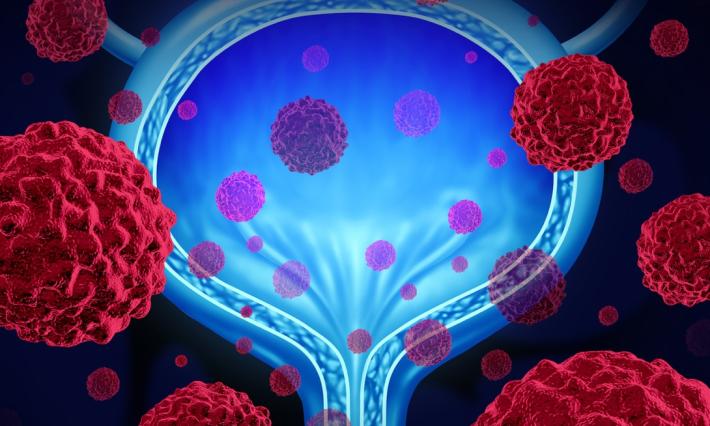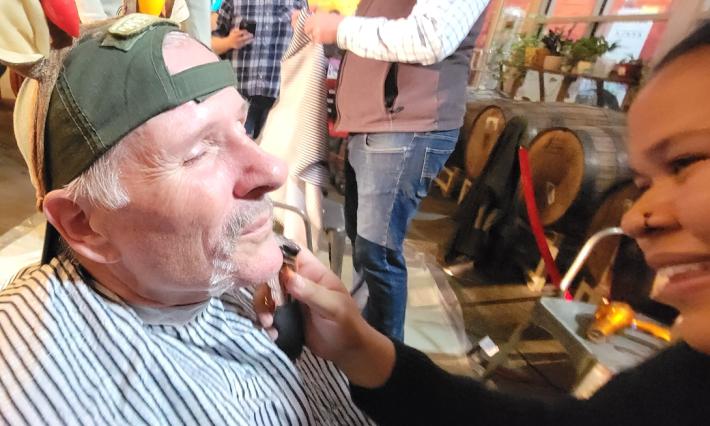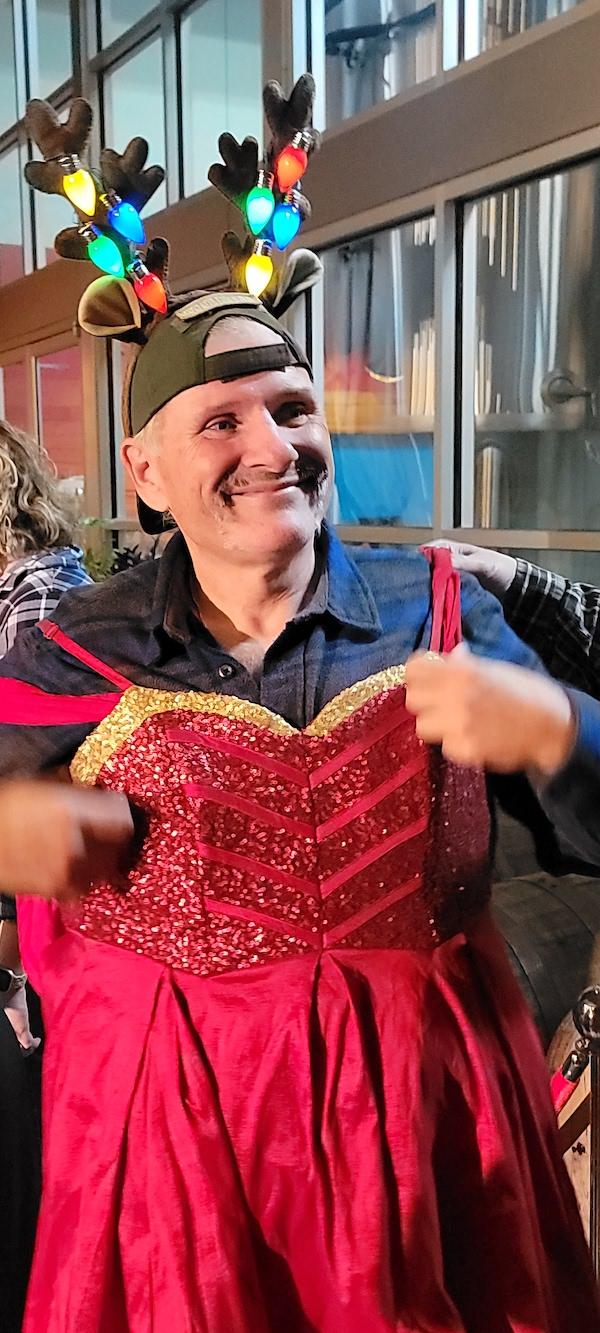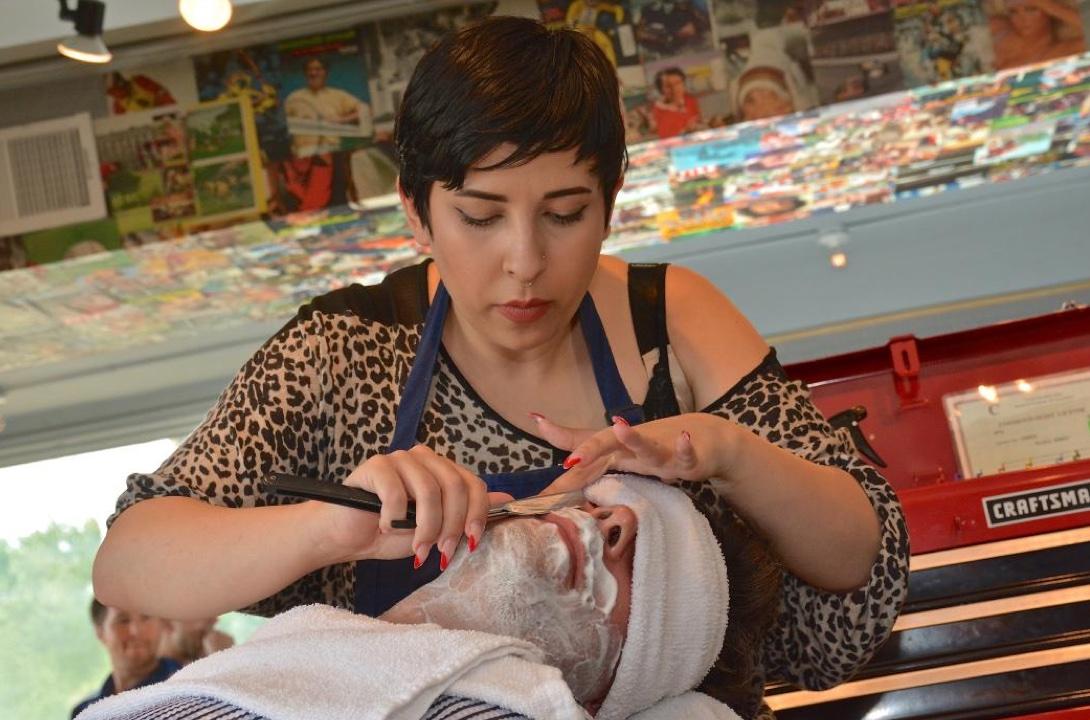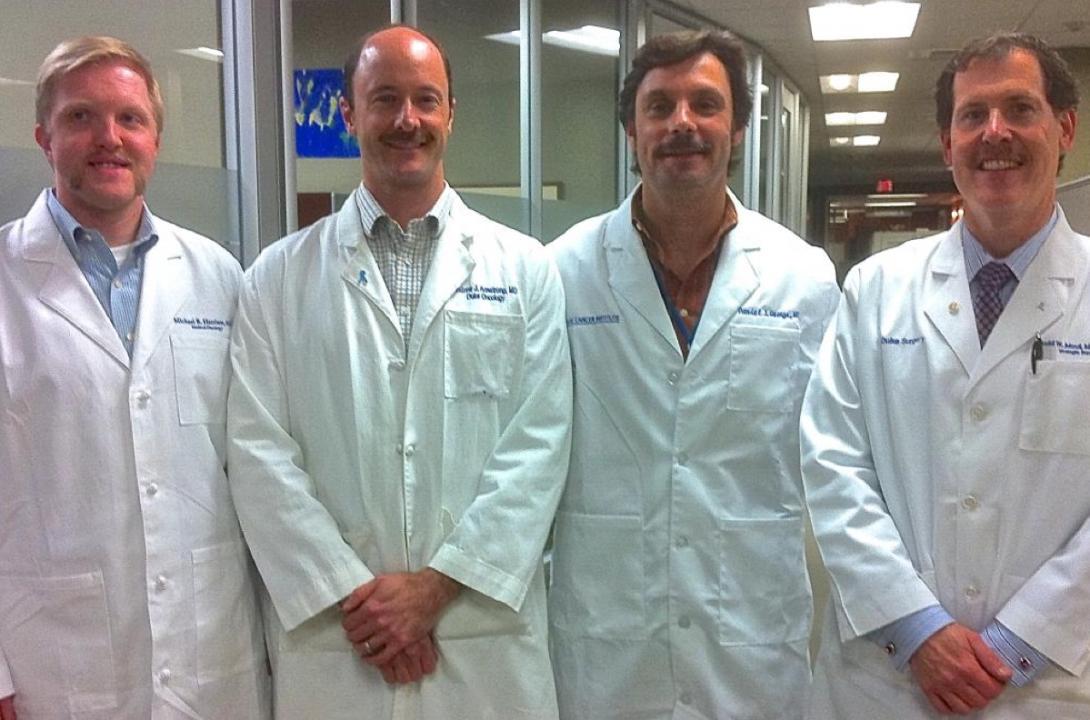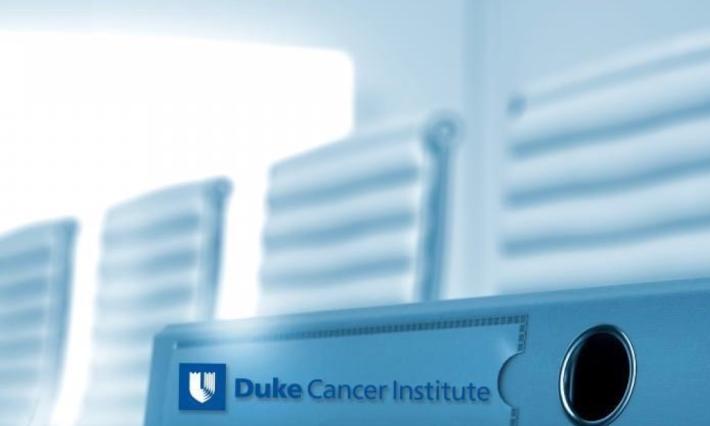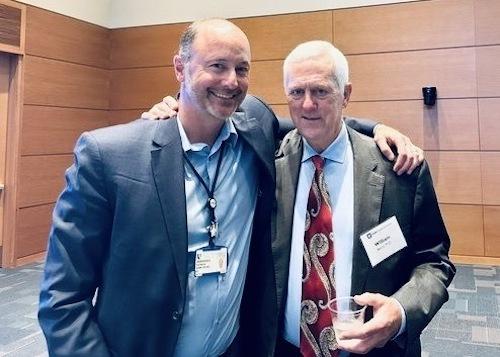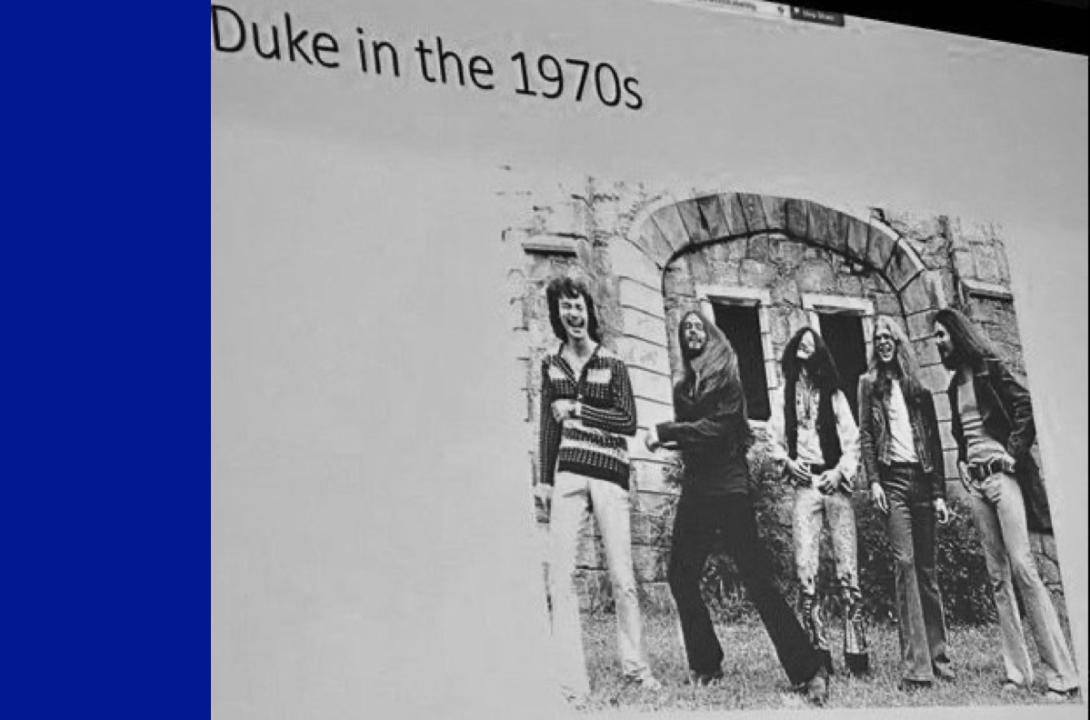Meet the Speakers
Angeles Alvarez Secord, MD, MHSc,is a practicing medical oncologist specializing in female-specific cancers, a professor in the Duke Department of Obstetrics and Gynecology Obstetrics and Gynecology, Division of Gynecologic Oncology, and associate director of Clinical Research in the DCI Gynecologic Cancer Disease Group.
Secord's clinical research interests include the utilization of anti-angiogenic therapies and/or molecularly-targeted therapies to improve patient outcomes, minimize unnecessary toxicity, and positively impact quality of life.
She also specializes in robotic-assisted laparoscopic surgery for women with endometrial, ovarian, and cervical cancers as well as for benign gynecologic conditions.
"I offer my patients access to variety of treatments ... I enjoy my work on female cancers, because it is one of the few sub-specialties to blend surgery and chemotherapy. It also gives me the chance to develop strong relationships with my patients, since I get to take care of my patients before and during their surgery, as well as continue to see them for the rest of their lifetime."
Rafael Gonzalez, MD, is a clinical fellow in the Division of Gynecologic Oncology whose research focuses on surgical outcomes.
Maggie (Powell) Frazier, MS, CGC, is a certified genetics counselor with Duke Clinical Cancer Genetics at DCI. As a certified genetic counselor, she helps patients better understand their risk for developing cancer and provides guidance on how to turn this information into action in order to reduce cancer occurrence or increase early detection in patient and their family members.
"Whether you have already been diagnosed with cancer, have a diagnosis of a hereditary cancer syndrome, or have a family history of cancer, I can navigate you through the role of genetic testing, risk analysis, and connecting you with the experienced specialists you may need.



